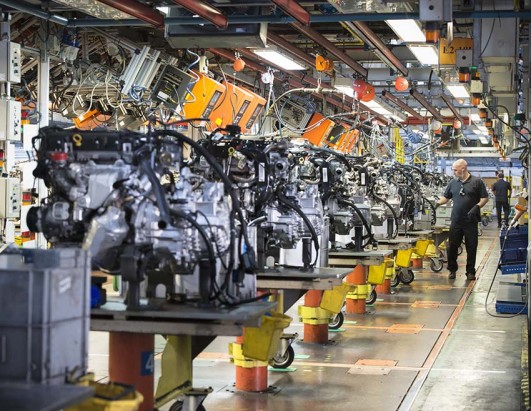Glossary
- Austerity
- Austerity describes difficult economic conditions created by government measures to reduce public spending.
- Circular economy
- A model of consumption and production that uses techniques such as reuse, sharing, leasing, repair and recycling to extend products life and reduce waste.
- Closed system
- A physical system where there is no transfer of matter and energy into it or out of it.
- Degrowth
- An economic approach that prioritises human wellbeing rather than growth and aims to reduce the throughputs (use of resources and creation of adverse outputs) of economic activity.
- Ecological economics
- The multidisciplinary study of how humans interact with the planet’s biophysical system, with an emphasis of sustainability and human well-being.
- Ecosystem services
- The flow of services from a stock of natural capital, such as energy used in production and the ability of the atmosphere to absorb pollution created as a by-product of economic activity.
- Neoliberalism
- A political ideology that favours free-market capitalism, deregulation, and a reduction in government spending.
- Ontological
- Related to the nature of being and existence and what is considered to be real.
- Social ecological economics (SEE)
- School of economic thought that views the economy as interacting with the planet’s biophysical system and human social systems, and concerned with issues such as sustainability and social justice.
- Strong sustainability
- The assumption that other forms of capital are not substitutes for natural capital.
- Technological optimism
- A belief that technology can be relied on to ensure the delivery of desired future outcomes.
- Weak sustainability
- The assumption that other forms of capital may be substituted for natural capital.
- Welfare economics
- Welfare economics examines the relationship between human welfare and different ways of making social choices.
